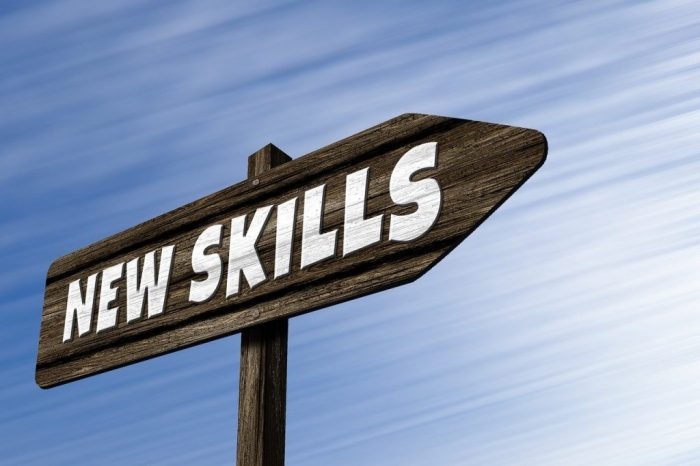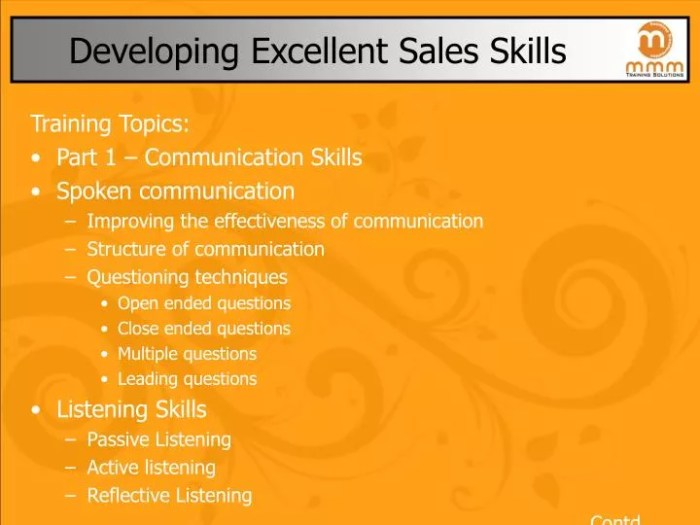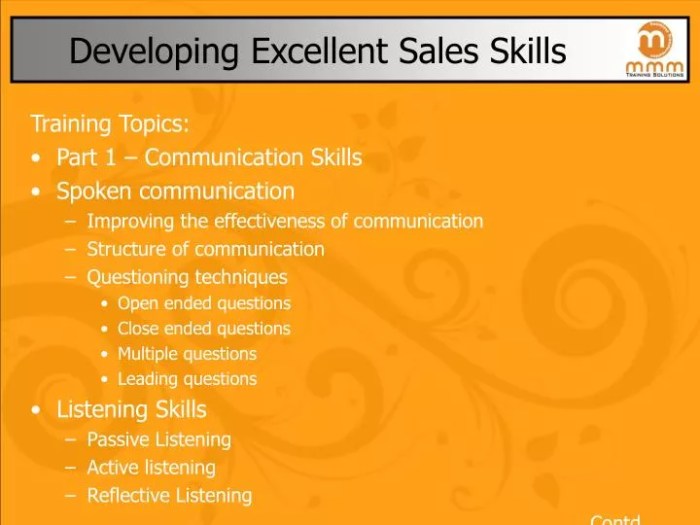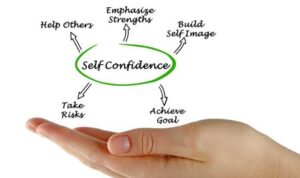Developing Sales Skills sets the stage for professionals to enhance their abilities in the art of selling, paving the way for success in various industries. As we delve into the world of sales, a journey of skill development and knowledge awaits.
In this comprehensive guide, we will explore the essential components of honing sales skills, from effective communication to building lasting customer relationships and implementing winning sales strategies.
Understanding Sales Skills
Sales skills are the abilities and attributes that professionals use to persuade potential customers to purchase products or services. These skills are crucial for individuals working in sales and marketing roles as they directly impact the success of a business.
Key Sales Skills
- Effective Communication: Being able to clearly convey information and actively listen to customers’ needs.
- Relationship Building: Establishing trust and rapport with clients to foster long-term partnerships.
- Negotiation Skills: Finding mutually beneficial solutions and closing deals successfully.
- Product Knowledge: Understanding the features and benefits of the offerings to address customer queries.
- Resilience: Handling rejection and setbacks with a positive attitude to bounce back stronger.
Sales Training and Education: Developing Sales Skills
Sales training programs are crucial for equipping sales professionals with the necessary skills and knowledge to excel in their roles. These programs help individuals understand customer needs, improve communication techniques, and enhance their ability to close deals effectively.
Importance of Sales Training Programs
- Sales training programs help sales professionals stay updated on the latest industry trends and best practices.
- They provide a structured approach to learning essential sales techniques and strategies.
- Training programs boost confidence and motivation among sales teams, leading to increased productivity and success.
Different Methods for Educating Sales Professionals
- On-the-job training: Sales professionals learn through real-life scenarios and practical experience.
- Webinars and online courses: Convenient and flexible options for ongoing learning and skill development.
- Role-playing exercises: Simulate sales interactions to practice handling objections and closing deals effectively.
Examples of Successful Sales Training Initiatives
- Salesforce’s Trailhead program offers interactive online modules to educate sales professionals on using their CRM platform effectively.
- Dale Carnegie’s sales training workshops focus on building strong interpersonal skills and effective communication strategies.
- Zig Ziglar’s motivational sales training seminars have inspired countless sales professionals to achieve greater success in their careers.
Effective Communication in Sales
Effective communication plays a crucial role in the success of sales professionals. It is the foundation of building relationships, understanding customer needs, and ultimately closing deals. Without strong communication skills, it can be challenging to convey the value of a product or service and address any concerns or objections that may arise during the sales process.
Role of Active Listening
Active listening is a key component of effective communication in sales conversations. It involves fully concentrating on what is being said by the customer, asking clarifying questions, and demonstrating empathy. By actively listening to customers, sales professionals can better understand their needs and preferences, tailor their pitch accordingly, and build rapport. This leads to more meaningful interactions and increased trust, ultimately resulting in higher sales conversion rates.
- Listen more, talk less: Allow the customer to express their thoughts and concerns without interruptions.
- Ask open-ended questions: Encourage customers to share more information and insights to better address their needs.
- Show empathy: Acknowledge and validate the customer’s feelings and concerns to build a stronger connection.
Tips for Improving Verbal and Non-Verbal Communication
Effective communication in sales goes beyond just words. Non-verbal cues such as body language, tone of voice, and facial expressions can significantly impact how a message is received by the customer. Sales professionals should pay attention to both verbal and non-verbal communication to ensure their message is clear and well-received.
- Maintain eye contact: Show confidence and attentiveness by maintaining eye contact with the customer.
- Use positive body language: Smile, nod, and use gestures to convey openness and friendliness.
- Watch your tone: Ensure your tone of voice is friendly, enthusiastic, and professional to engage customers effectively.
- Practice active listening: Demonstrate that you are fully present and engaged in the conversation by actively listening and responding thoughtfully.
Building Relationships with Customers

Building strong customer relationships is crucial in the world of sales. By establishing trust and rapport with clients, sales professionals can create a loyal customer base, leading to repeat business and increased sales.
Strategies for Establishing Trust and Rapport
- Active Listening: Show genuine interest in what the customer has to say and ask relevant questions to demonstrate understanding.
- Personalization: Tailor your approach to each customer, showing that you value their individual needs and preferences.
- Consistent Communication: Keep in touch with clients regularly, whether through follow-up calls, emails, or newsletters, to maintain a strong connection.
- Honesty and Transparency: Be straightforward about your products or services, pricing, and any limitations, building credibility and trust.
Benefits of Cultivating Customer Relationships
- Repeat Business: Satisfied customers are more likely to return for future purchases, increasing sales opportunities.
- Referrals and Recommendations: Happy customers are inclined to refer friends and family to your business, expanding your client base.
- Brand Loyalty: Building strong relationships can create loyal customers who choose your brand over competitors, leading to long-term success.
Sales Techniques and Strategies

In the world of sales, utilizing the right techniques and strategies can make all the difference in closing deals and building long-lasting relationships with customers. It is crucial to understand the various sales approaches and tailor them to the specific needs of your target audience.
Consultative Selling vs. Relationship Selling
- Consultative Selling: This approach involves understanding the customer’s unique challenges and needs, then providing tailored solutions that address those specific pain points. It focuses on building trust and credibility with the customer through expert advice and personalized recommendations.
- Relationship Selling: In this method, the emphasis is on creating strong, long-term relationships with customers. It involves building rapport, establishing trust, and nurturing connections through ongoing communication and support.
Understanding Customer Needs, Developing Sales Skills
- It is essential to listen actively to your customers to identify their pain points and requirements accurately.
- By understanding their needs, you can offer solutions that are tailored to their specific challenges, increasing the likelihood of a successful sale.
Tips for Developing Effective Sales Strategies
- Segment your target audience based on demographics, behaviors, or preferences to create personalized sales strategies for each group.
- Utilize data and analytics to track customer interactions and preferences, enabling you to adjust your approach for better results.
- Continuously refine and adapt your sales strategies based on feedback and performance metrics to optimize your efforts and drive sales growth.






